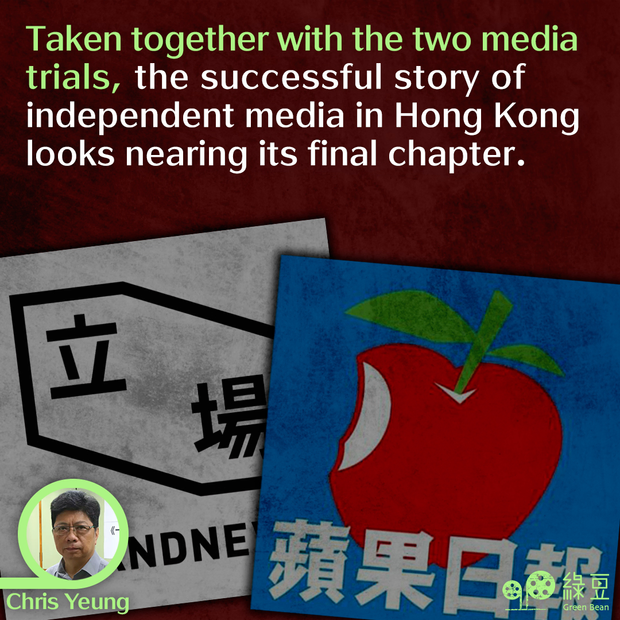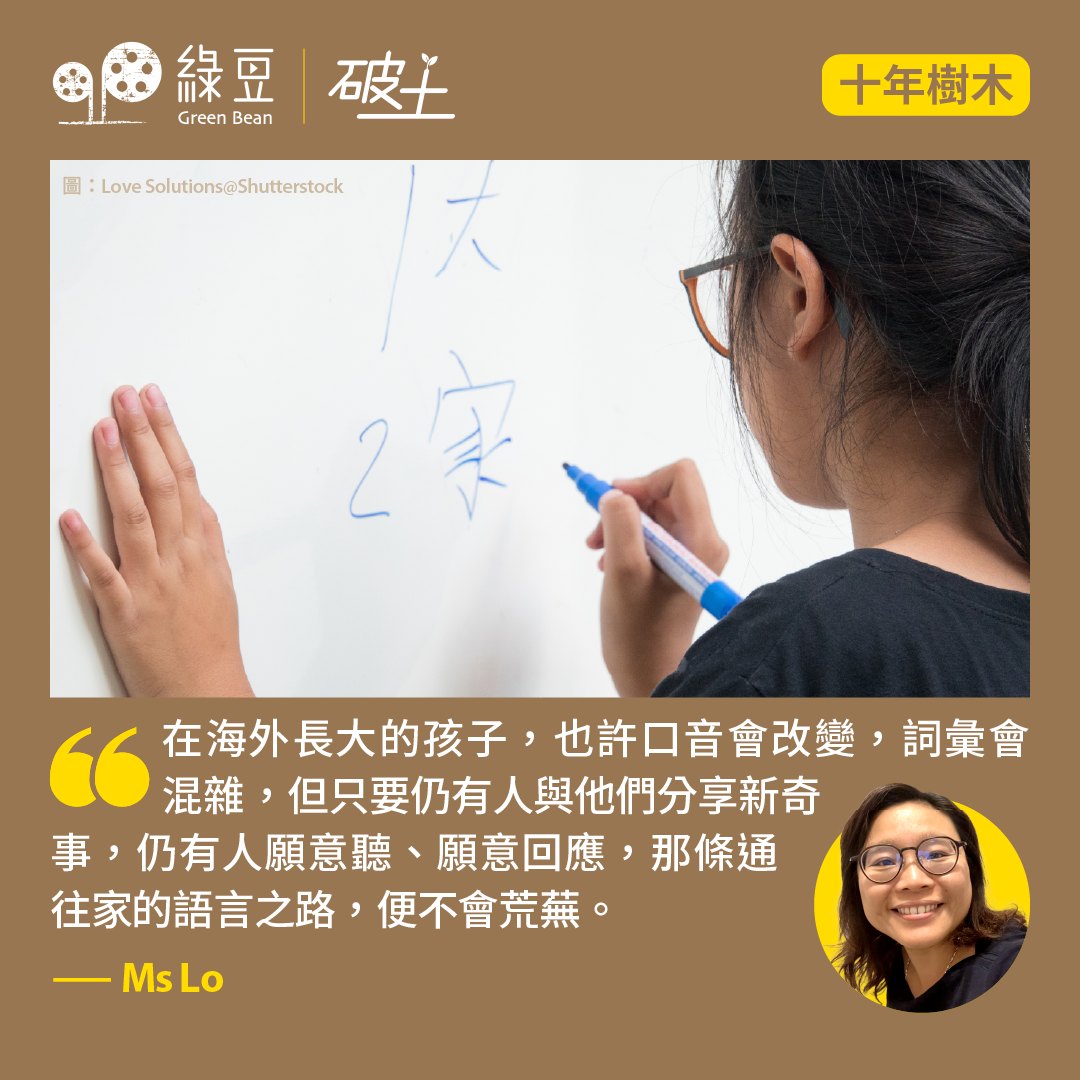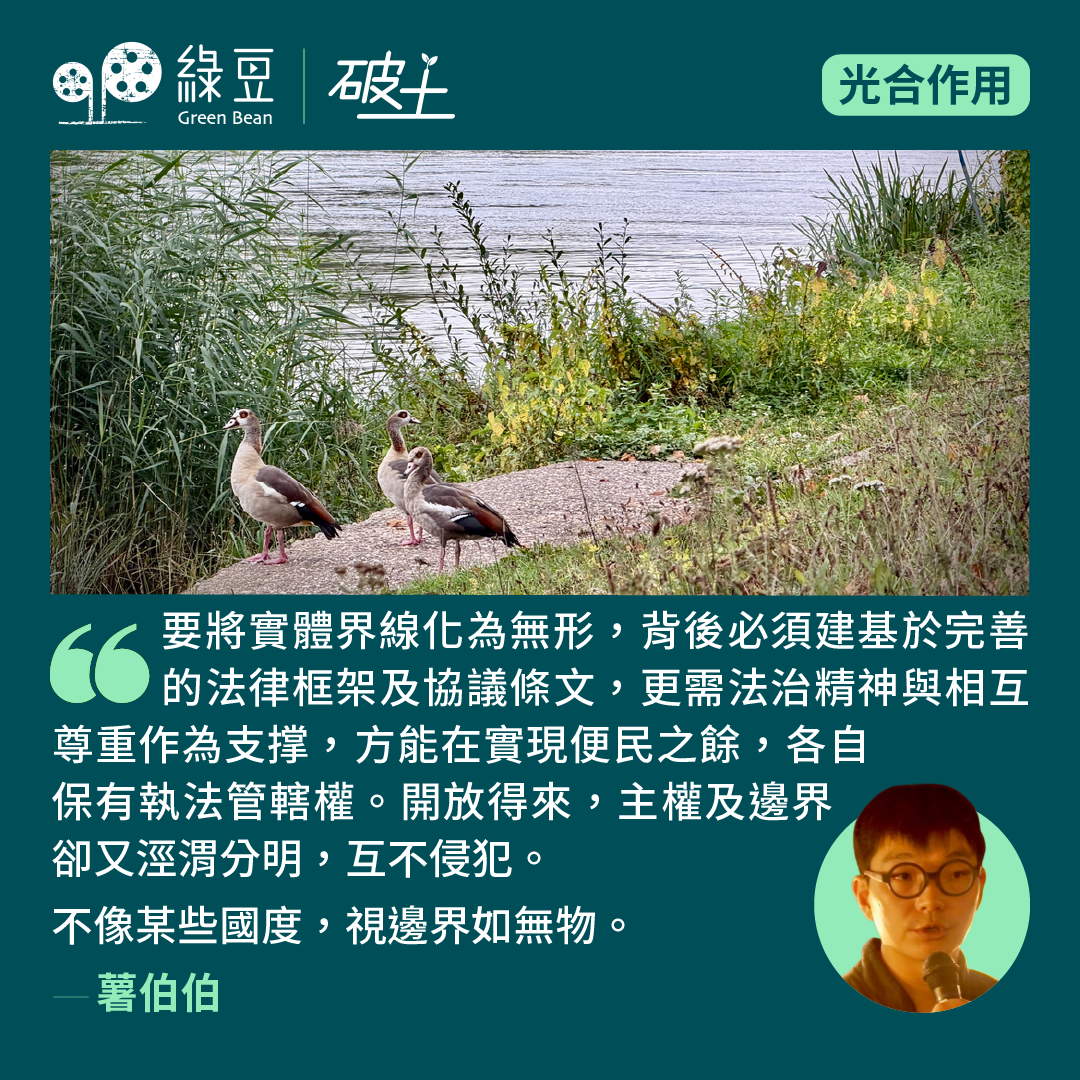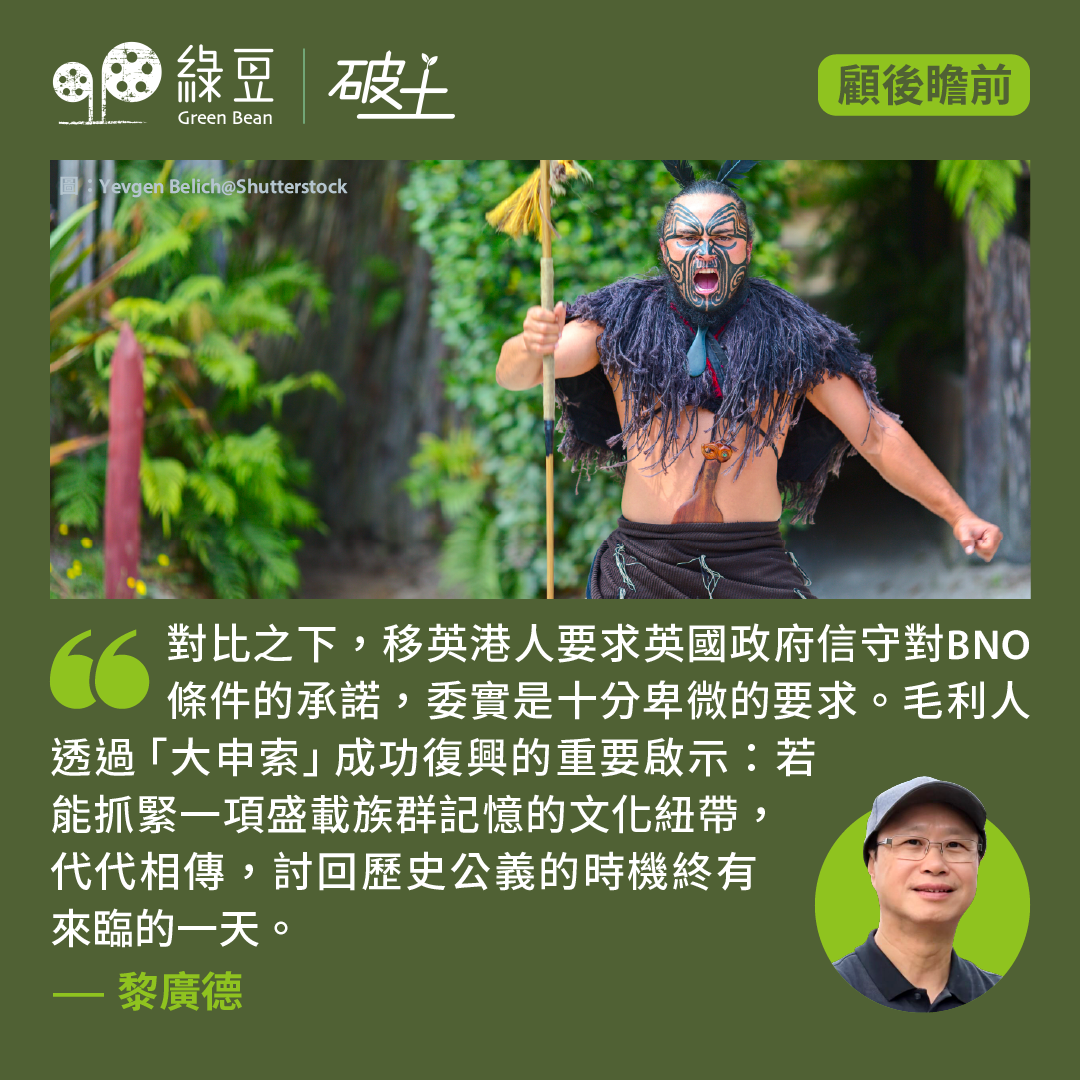Media trial cases bad publicity for Hong Kong

At a time when the Hong Kong Government is launching a blitz of publicity to tell the world all is well in Hong Kong, a forum on the city’s media scene at the margins of a United Nations council meeting is the last publicity it wants.
Organised by the British government and co-sponsored by at least 20 other countries, the event on the city’s press freedom situation after the implementation of national security law was held in Geneva on Wednesday as part of the meeting of the United Nations Human Rights Council.
Speakers include a director of media watchdog Reporters Without Borders and a journalist.
That the event took place is in itself bad publicity for Hong Kong.
Though scheduled at the margins of a UN council meeting, putting the issue of press freedom on international spotlight will no doubt be seen by Beijing as provocative, and perhaps insulting.
Beijing feels adamant the Hong Kong issue is China’s internal matter. Press freedom is one of the highly sensitive issues that Beijing has viewed increasingly with scepticism. The power of independent media has often been seen as a challenge, if not threat, to the power of the regime.
Not surprisingly, an address by Sebastian Lai, son of the now-defunct Next Media group founder Jimmy Lai had further provoked Beijing and the Hong Kong Government.
Lai’s son urged the Government to release his father. Reporters Without Borders and the Committee to Protect Journalists also joined the call.
Coming three months before the trial of Lai is scheduled to kick off, the chorus of calls for the Government to free Lai has and will give more credence to the conspiracy theory subscribed by Beijing, the Government and local pro-Beijing circle that hostile foreign forces were behind Lai.
Lai is facing a list of charges of serious offences set out in the national security law.
The Geneva session on Hong Kong media might have gone unnoticed in the city if not for the strongly-worded statement issued by the Hong Kong government around midnight Hong Kong time shortly after the session took place.
The Government said in the statement it “strongly disapproved of and firmly rejected the baseless remarks, slanders and smears” made by the United Kingdom and other countries at the media freedom event.
Speaking at a National Day reception organised by the media on the same evening, Chief Executive John Lee has accused “anti-China” forces of threatening national security under the cover of the media. Lee did not name names.
The war of words over the Jimmy Lai case has intensified as two major cases relating to the media’s involvement with the 2019 social unrest are nearing a new stage.
The verdict in the sedition trial against now-defunct media outlet Stand News has been postponed to November 15, more than a year after the trial began.
The verdict will be a landmark case with profound and significant implications on the city’s press freedom.
It will be followed by the opening of the trial against Jimmy Lai and the now-defunct Apple Daily executives in December.
If anything, the propaganda war over the media freedom event in Geneva is only a curtain-raiser to one of the most controversial and complicated trials in recent memory of the Hong Kong courts.
Putting aside the Jimmy Lai factor, the case hinges upon the limits of press freedom in post-colonial Hong Kong under the “one country, two systems” political order.
Pundits may feel adamant the verdict is already on the wall with no surprises when it is announced. Admittedly, most of the defendants in the case have pleaded guilty.
Still, the trials of the two media outlets, regardless of their outcomes, will tarnish the international image of Hong Kong as a free city no matter how hard the Government has tried to argue some people just used “the identity of the media to cover up crimes or even threaten national security.”
Government officials have maintained that those journalists who have been doing normal reporting work need not worry.
That many local journalists at all levels have either quit the profession or fled the place they had lived and that some foreign media have relocated part of their operation to places such as Seoul and Singapore speaks louder than empty words.
At the National Day celebration hosted by the media, head of the organising body Li Dahong urged the media to function as “constructive media” in the new era. Li heads the media group composed of Ta Kung Pao and Wen Wei Po, the city’s two major pro-Beijing newspapers.
One of the major tasks of “constructive media,” Li said, is to explain to the world China’s national policy direction, successful stories and the passion of Chinese people in building the nation.
Taken together with the two media trials, the successful story of independent media in Hong Kong looks nearing its final chapter.
▌[At Large] About the Author
Chris Yeung is a veteran journalist, a founder and chief writer of the now-disbanded CitizenNews; he now runs a daily news commentary channel on Youtube. He had formerly worked with the South China Morning Post and the Hong Kong Economic Journal.





